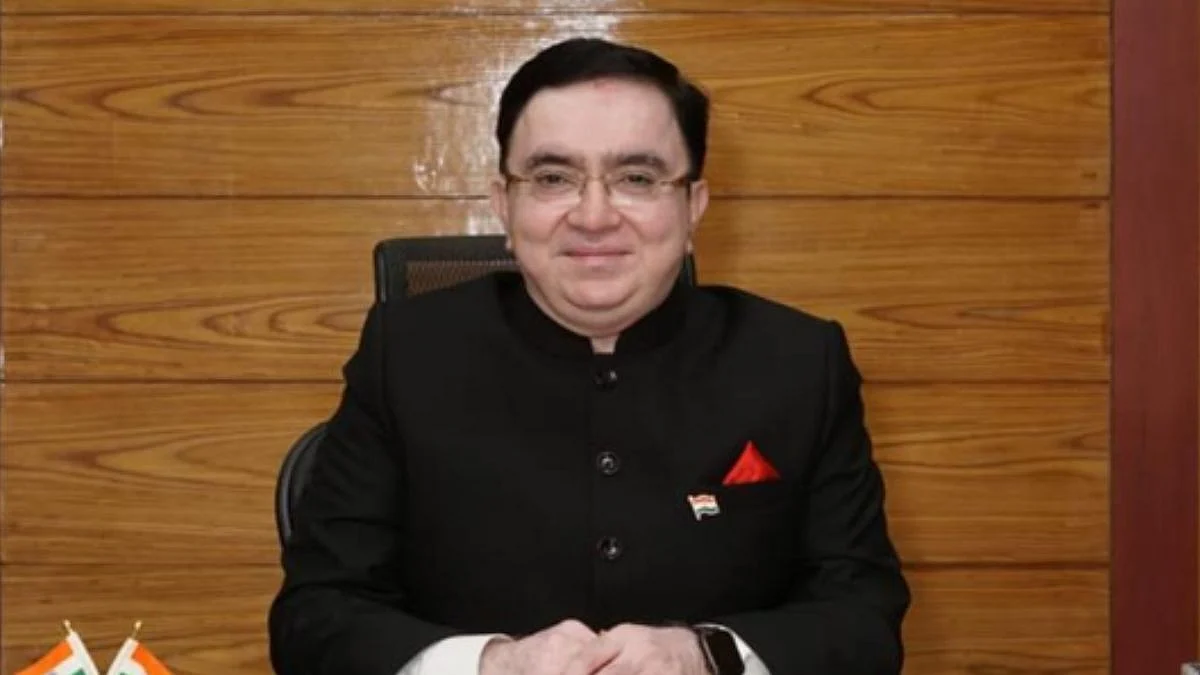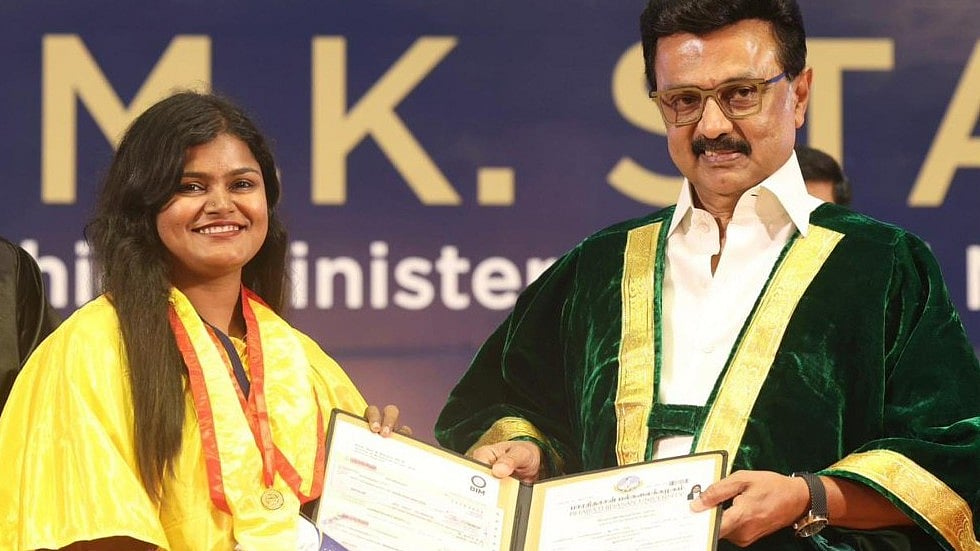Universities Grants Commission (UGC) has set regulations for Higher Educational Institutions (HEIs) to collaborate with foreign universities on twinning, joint degrees, and dual degree programs.
An Indian HEI must enter into a written Memorandum of Understanding or agreement with its partner Foreign Higher Educational Institution(s), states the UGC.
The agreement must include provisions like student obligations, fees and other financial arrangements, student attendance patterns, duration of stay for the study programmes, admission and evaluation process, and graduation procedures, among others.
Here is what these programmes mean:
Twinning:
Twinning is a collaborative arrangement in which students enrolled in an Indian HEI can study part-time in India and part-time in a Foreign college. However, the degree will only be awarded by an Indian institution.
Joint Degree:
The curriculum for the Joint Degree programme will be designed collaboratively by the partnering HEIs, and the degree will be awarded by the partnering HEIs with a single certificate. Students must earn at least 30% of their total credits from each Indian and foreign university.
Dual Degree:
Under the Dual Degree programme, both Indian and Foreign HEIs will confer a degree separately and simultaneously. The degree shall be awarded upon completion of both institutions' degree requirements. Students must obtain at least 30% of their total credits from an Indian institution.
"University Grants Commission is constantly in touch with Universities to expedite the process of getting the regulation adopted in their statutory bodies. After this, there will be consultations between individual Indian university and their counterpart abroad. Only after these consultations, an MoU will be signed," said UGC Chairman, M Jagadesh Kumar.
Currently, 230 Indian HEIs and 1256 foreign HEIs currently meet the eligibility criteria of the regulations.
Eligibility:
Indian Higher Educational Institution must be:
- Accredited by NAAC or another authorised agency, with a minimum score of 3.01 on a 4-point scale at the time of application, or
- Should figure in the top 1000 of Times Higher Education or QS World University ranking, or
- The top 100 of NIRF's university rankings
Foreign Higher Educational institutions must be:
- A part of the top 1000 in Times Higher Education or QS World University ranking
The list of eligible Indian HEIs includes 26 Central Universities of which eight have responded to UGC's academic collaboration information. Jamia Millia Islamia, Jawaharlal Nehru University, and Pondicherry University amongst others.
The Tata Institute of Social Sciences has also launched two new international dual degree programmes in the 2022-2023 academic session. One dual degree with Monash University, Australia in the field of International Development Practice, and the other dual degree with Queen Mary University of London, UK, in the field of Social Entrepreneurship and International Business.









